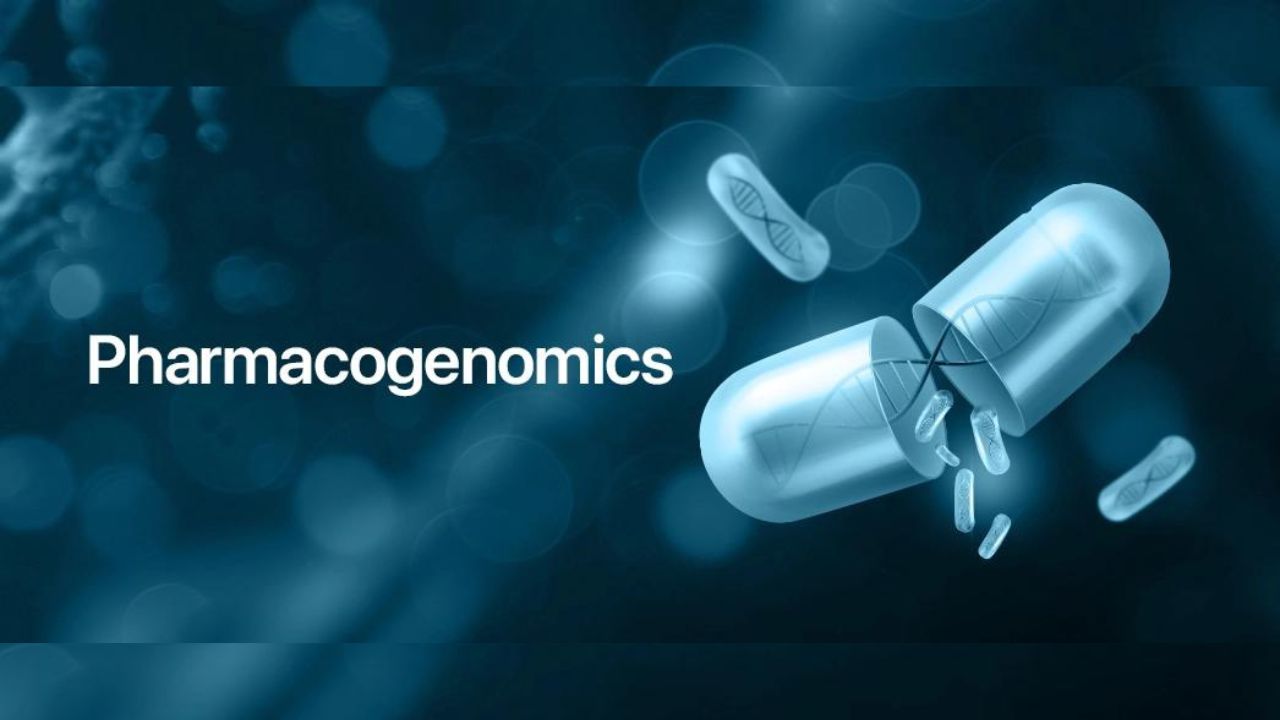Pharmacogenomics

Pharmacogenomics is the study of how an individual’s genetic makeup influences their response to drugs. This specialty combines pharmacology, which studies how drugs work in the body, and genomics, which studies an individual’s genetic makeup. The goal of pharmacogenomics is to identify genetic variants that may affect drug metabolism, efficacy and toxicity, and use this information to individualize drug therapy.
By analyzing a person’s genetic information, health care providers can determine which drugs are effective and safe, which drugs are more likely to cause side effects, and which drugs are ineffective. You can judge. . For example, the drug warfarin, which is used to prevent blood clots, is metabolized by the enzyme CYP2C9. People with certain genetic mutations in the CYP2C9 gene may metabolize warfarin more slowly and have an increased risk of bleeding.
By genotyping patients before prescribing warfarin, providers can identify patients who need lower doses to achieve the desired therapeutic effect, thereby reducing the risk of adverse events. Pharmacogenomics can improve drug therapy by reducing side effects and improving drug efficacy. However, translating pharmacogenomics into clinical practice also presents challenges, including: B. The need for adequate education and training of health care workers, the cost and availability of genetic testing, and the need for conclusive evidence for the use of pharmacogenomics testing in clinical decision-making.
Specific Content Keywords : Pharmacogenomics,Genetic variations,Drug metabolism,Pharmacokinetic,Drug response,Single nucleotide polymorphisms (SNPs),Personalized medicine,Pharmacogenetic testing,Adverse drug reactions,Genotype,Phenotype,Pharmacodynamics,Drug discovery and development,Precision medicine,

